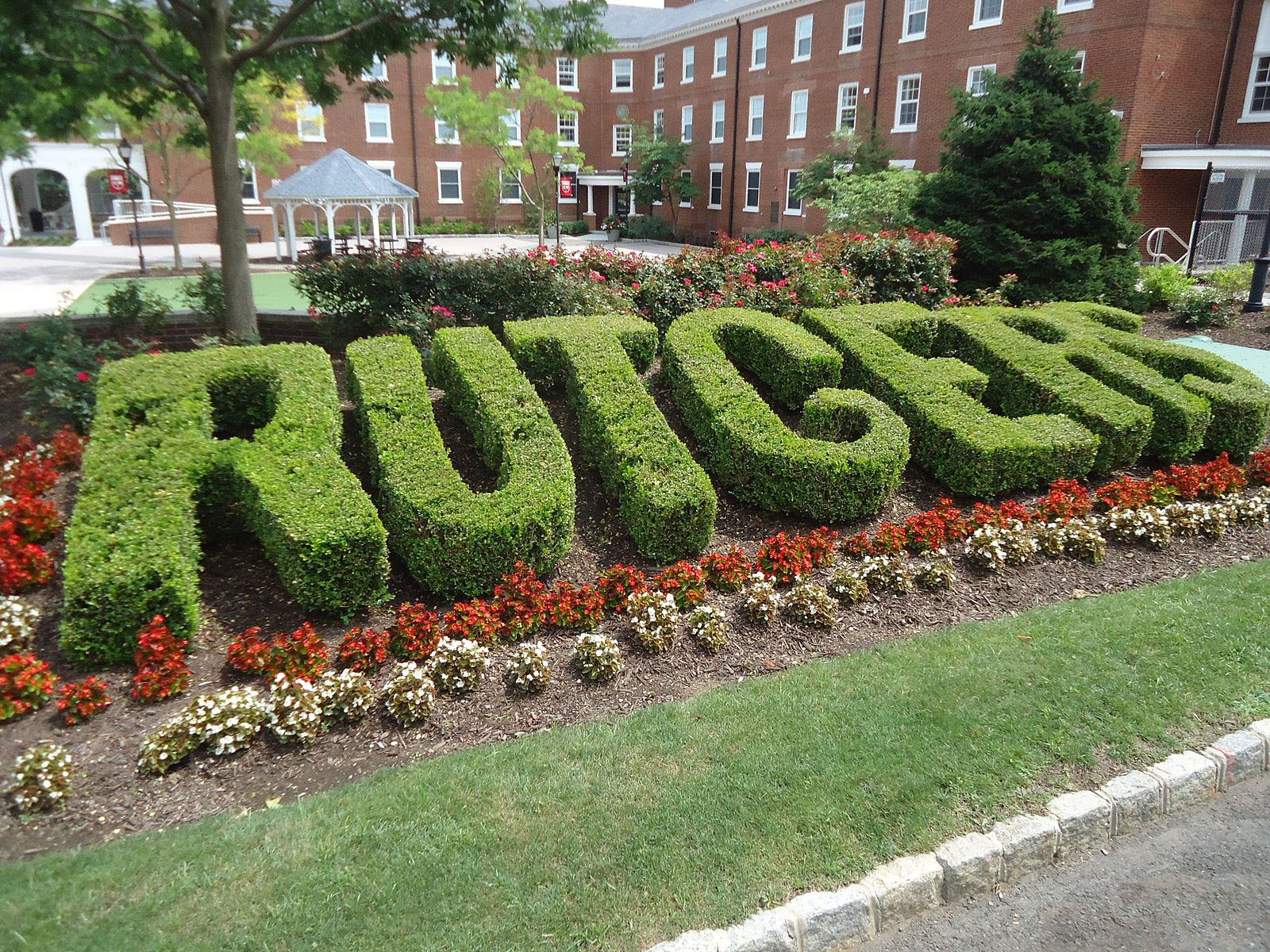 Tomwsulcer/Wikimedia Commons under the Creative Commons CC0 1.0 Universal Public Domain Dedication
Tomwsulcer/Wikimedia Commons under the Creative Commons CC0 1.0 Universal Public Domain Dedication Rutgers University–New Brunswick issued an apology on May 27 over its statement the day prior condemning antisemitism.
According to The Daily Caller and Reason Magazine, Chancellor Christopher J. Molloy and Provost and Executive Vice Chancellor for Research and Academic Affairs Francine Conway said in their apology that their initial statement condemning antisemitism “failed to communicate support for our Palestinian community members. We sincerely apologize for the hurt that this message has caused.” “Our diversity must be supported by equity, inclusion, antiracism, and the condemnation of all forms of bigotry and hatred, including anti-Semitism and Islamophobia. As we grow in our personal and institutional understanding, we will take the lesson learned here to heart, and pledge our commitment to doing better. We will work to regain your trust, and make sure that our communications going forward are much more sensitive and balanced.”
Malloy and Conway’s initial statement said that they were “saddened by and greatly concerned about the sharp rise in hostile sentiments and anti-Semitic violence in the United States. Recent incidents of hate directed toward Jewish members of our community again remind us of what history has to teach us.” They added that there has been “increasing violence between Israeli forces and Hamas in the Middle East leading to the deaths of children and adults and mass displacement of citizens in the Gaza region and the loss of lives in Israel.”
“This recent resurgence of anti-Semitism demands that we again call out and denounce acts of hate and prejudice against members of the Jewish community and any other targeted and oppressed groups on our campus and in our community. Our commitment to creating a safe learning environment that is inclusive of difference requires that we hold ourselves and each other accountable for our behaviors.”
After the initial statement was released, Rutgers Students for Justice in Palestine (SJP) wrote in an Instagram post that they were “deeply concerned” about the statement. “The Chancellor and Provost’s statement exclusively addressing antisemitism comes during a time when Israel’s occupation of Palestine is finally receiving widespread criticism, and despite mentioning the ‘deaths of children and adults and mass displacement citizens in the Gaza region,’ conveniently ignores the extent to which Palestinians have been brutalized by Israel’s occupation and bombing of Gaza.” They claimed that there haven’t been any reported instances of antisemitism against the Rutgers community since the escalation between Israel and Hamas, prompting the SJP chapter to accuse the university of deflecting from “financially supporting the Israeli state, and thus its human rights abuses and occupation of Palestine.” Rutgers SJP also accused the university of trivializing racism by also including condemnations of hatred against Asians, Hindus, Muslims and Indigenous peoples in their statement and criticized the university for not mentioning Palestinians.
“We therefore demand an apology from Chancellor Molloy and Provost Conway for dismissing the voices and visibility of Palestinians and allies.”
Jewish groups denounced the university’s apology. Associate Dean and Director of Global Social Action Agenda at the Simon Wiesenthal Center Rabbi Abraham Cooper told the Journal that the apology was a “complete and utter disgrace.” “That’s not leadership; that’s appeasement of people who support the destruction of the state of Israel. It’s an appeasement of all of those forces that have embraced the Hamas talking points.”
He added that the apology is symptomatic of a broader problem among “elite schools” not having “the guts to apply” their diversity, inclusion and freedom of speech policies “on behalf of Jewish students as well, and we’re seeing the results all over the country. The only way attacks against Jews will stop will be if our non-Jewish institutions… send a signal [that] there’s a price to pay for antisemitism.”
StandWithUs co-founder and CEO Roz Rothstein similarly said in a statement to the Journal, “It is very unfortunate that after releasing a statement denouncing antisemitism, the Chancellor of Rutgers University caved to pressure from Students for Justice in Palestine (SJP) and ‘apologized.’ SJP’s complaint was that in his condemnation of antisemitism, the Chancellor did not also demonize and blame Israel alone for the suffering of Palestinians. Condemning antisemitism and expressing a commitment to support Jewish students on campus is not anti-Palestinian and to portray it as such is vile.
“While the Israeli-Palestinian conflict is not happening on the Rutgers campus or in the surrounding area, antisemitism is a very real and immediate threat to Jewish students. Rutgers should make clear that they do not apologize for condemning antisemitism at a time of rising violence, vandalism, and harassment targeted at Jews everywhere.”
Stop Antisemitism Director Liora Rez called the university’s apology “pathetic” and “spineless.” “Until the University administration makes it perfectly clear their school has a zero-tolerance policy for Jew hatred, we call on all Jewish alumni to immediately cease donations and high school seniors to remove this school from their prospectus lists.”
Anti-Defamation League (ADL) New York / New Jersey Regional Director Scott Richman also said in a statement to the Journal, “Conflating Jewish people or institutions with the crisis in the Middle East is a dangerous and harmful mistake that hurts more than just Jews and is deeply antisemitic. Antisemitism, regardless of politics, is harmful, and must be addressed in order to prevent it from becoming normalize.
“That said, we share a common goal of wanting to provide a safe and inclusive community for all students, and we deeply value our work and relationship with the Rutgers community. We will continue to offer ADL resources to work together toward that goal.”
The university did not respond to the Journal’s request for comment.
This article has been updated.























 More news and opinions than at a Shabbat dinner, right in your inbox.
More news and opinions than at a Shabbat dinner, right in your inbox.